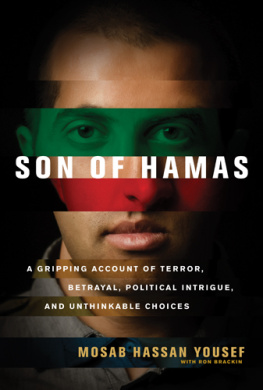THE STATE AND GLOBAL CHANGE
The State and Global Change
The Political Economy of Transition in the Middle East and North Africa
Edited by
HassanHakimian
and
ZibaMoshaver
CURZON
First Published in 2001
by Curzon Press
Richmond, Surrey
http://www.curzonpress.co.uk
Editorial Matter 2001 Hassan Hakimian and Ziba Moshaver
Designed and Typeset in Sabon by LaserScript Ltd, Mitcham, Surrey
Printed and bound in Great Britain by
Biddles Ltd, Guildford and Kings Lynn
All rights reserved. No part of this book may be reprinted or reproduced or utilised in any form or by any electronic, mechanical, or other means, now known or hereafter invented, including photocopying and recording, or in any information storage or retrieval system, without permission in writing from the publishers.
British Library Cataloguing in Publication Data
A catalogue record of this book is available from the British Library
Library of Congress Cataloguing in Publication Data
A catalogue record for this book has been requested
ISBN 0-7007-1365-4 (Hbk)
ISBN 0-7007-1366-2 (Pbk)
To Our Sons
Bijan and Babak (HH)
and
Cyrus (ZM)
Contents
John Page and Linda Van Gelder
Massoud Karshenas
Hassan Hakimian
Raymond Hinnebusch
Emma C. Murphy
Mustapba Al-Sayyid
Oktar Trel
Charles Tripp
Roger Owen
Ziba Moshaver
Guide
Economic liberalization and reform are widely considered as the favoured remedies for the declining economic fortunes of the Middle Eastern and North African states in the past two decades. International economic institutions have been among the main advocates of transition to market-led economies in the region and a force contributing to its realization. This has placed the state at the centre of the proposed transformations, acting both as an instrument of, and an obstacle to, change.
With attempts at liberalization worldwide spanning over twenty years, the time was considered ripe for a re-evaluation of its premises and outcome. This was the principal reason behind the Middle East and North Africa Region Division of the World Bank to propose a conference to enlarge the debate on the role of the state in this region. This initiative resulted in a World Bank sponsored conference on 'The Changing Role of the State in the Middle East and North Africa' held on 6th May 1998 at the School of Oriental and African Studies (SOAS), University of London. The conference was organized by the Centre of Near and Middle East Studies (CNMES) at SOAS.
Most of the contributions to this volume originated in this conference and reflect closely its multidisciplinary approach. The conference was pioneering in two respects. First, it provided an opportunity for a unique gathering of experts from the World Bank and academics from the region, the UK and the United States to debate their views on the political economy of transition and reforms in the region. Second, the contributions to the conference drew from interdisciplinary approaches and outlooks involving international, regional and national levels of analysis.
The outcome of the debate is presented in this volume in three distinct, yet interrelated, parts that go beyond providing a balance sheet and invite a re-thinking of the main issues involved in the political economy of transformation in the region. The re-thinking revolves around three themes: the rationale and strategies for reform, the processes and outcomes, and, finally, the nature of the state in a changing global setting.
We thank the World Bank for generous funding of the conference and the CNMES at SOAS for organizing it. The project owes a great deal to various individuals at the World Bank for direct initiative, support and encouragement throughout. Among them special thanks are due to: Dr Kemal Dervis, Vice-President, Middle East and North Africa Region, Dr A. Bouhabib, Regional Communication Advisor, Andew Rogerson, Special Representative at the Bank's London office, and Keiko Itoh also of the World Bank in London.
While benefiting from their full support and generosity, we were left to our own devices in putting together this volume as we wished. We are also grateful to various colleagues at SOAS, especially Massoud Karshenas and Charles Tripp for their support and inspiration, and to the staff of CNMES, especially its coordinators, Dr Sarah Stewart and Regina Miesle for their help at different stages of our work. Thanks are also owed to Katharine Pulvermacher, who provided meticulous research and editorial assistance, and to Malcolm Campbell of the Curzon Press for his encouragement and patience with the manuscript. The views expressed and any errors contained in individual contributions are the responsibility of the authors and not of their respective institutions or any other party.
H. Hakimian and Z.Moshaver
Mustapha Kamel Al-Sayyid is Professor of Political Science and Director of the Centre for the Study of Developing Countries, Cairo University. [rucsdc@rusys.eg.net]
Linda Van Gelder is Senior Economist in the Middle East and North Africa Region of the World Bank, Washington, D.C. [Lvangelder@ worldbank.org]
Hassan Hakimian is Senior Lecturer in Economics at the School of Oriental and African Studies (SOAS), University of London. [H.Hakimian@soas.ac.uk]
Raymond Hinnebusch is Professor of International Relations and Middle East Politics at the University of St. Andrews, Scotland, [rh10@st-andrews.ac.uk]
Massoud Karshenas is Reader in Economics at the School of Oriental and African Studies (SOAS), University of London. [mk@soas.ac.uk]
Ziba Moshaver is Research Associate at the International Institute for Strategic Studies (IISS), London, and at the Centre of Near and Middle Eastern Studies (CNMES) in the School of Oriental and African Studies (SOAS), University of London. [zm@clara.net]
Emma C. Murphy is Lecturer in Middle East Politics at the Centre for Middle Eastern and Islamic Studies, University of Durham. [emma. murphy@durham.ac.uk]
Roger Owen is Professor of Middle East History at the Centre for Middle Eastern Studies, Harvard University. [rowen@mideast.fas. harvard.edu]
John Page is Director, Poverty Reduction Strategy, at the World Bank, Washington, D.C. [Jpage@worldbank.org]
Charles Tripp is Head of the Department of Political Studies and Senior Lecturer in Middle East Politics at the School of Oriental and African Studies (SOAS), University of London. [ct2@soas.ac.uk]
Oktar Trel is Professor of Economics at the Middle East Technical University (METU), Ankara. [oturel@metu.edu.tr]
Chapter One
Introduction
Interest in the role of state has been at the centre of a growing body of literature dealing with transition and reform in developing countries in the past few decades. This interest has been intensified in recent years by the rising trend of globalization and its impact on various regions, territories and states around the world.
This book is concerned with the changing role of the state in the Middle East and North Africa (MENA) region in the past two decades. It addresses the rationale, context and impact of reform on those states in the region that have already initiated structural adjustment and liberalization programmes, and examines the challenges facing those that are yet to follow this path.



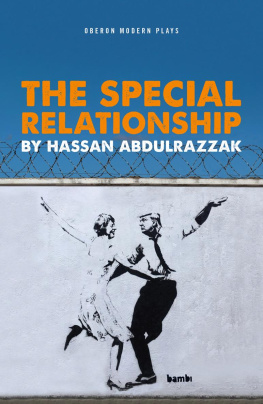
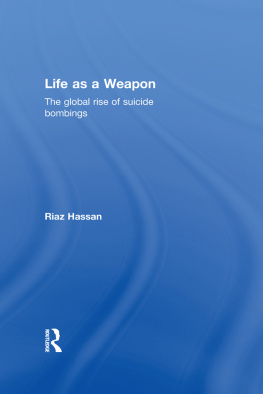
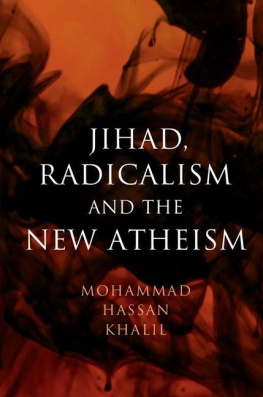
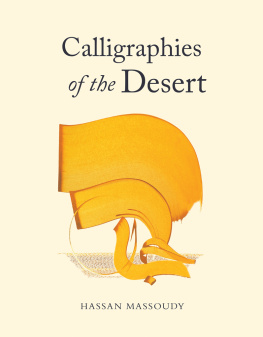

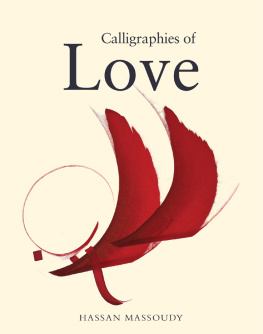
![Hertz - Scheik Hassan, Lystspil i tre Acter [in prose and verse]](/uploads/posts/book/182877/thumbs/hertz-scheik-hassan-lystspil-i-tre-acter-in.jpg)

